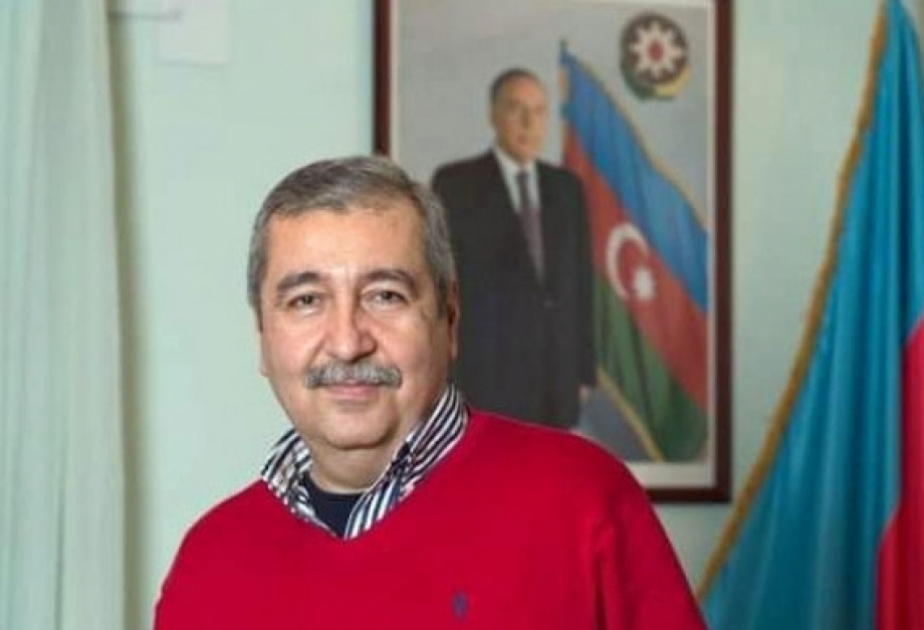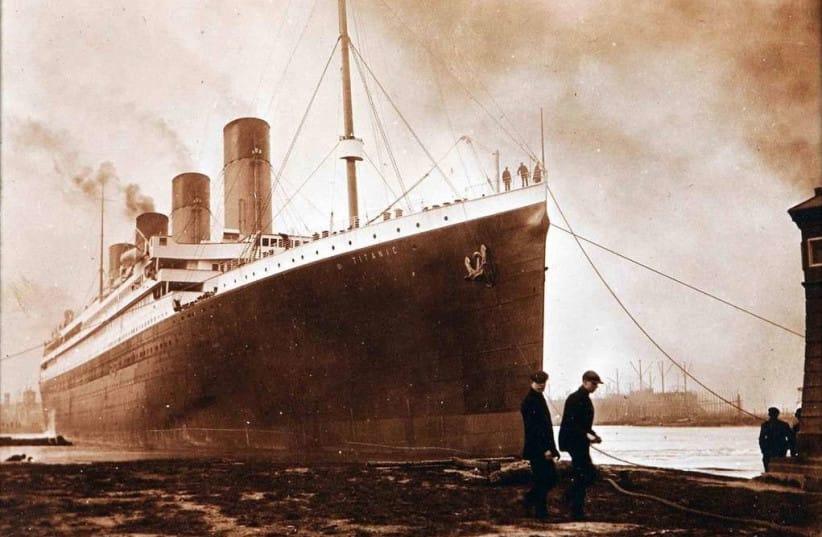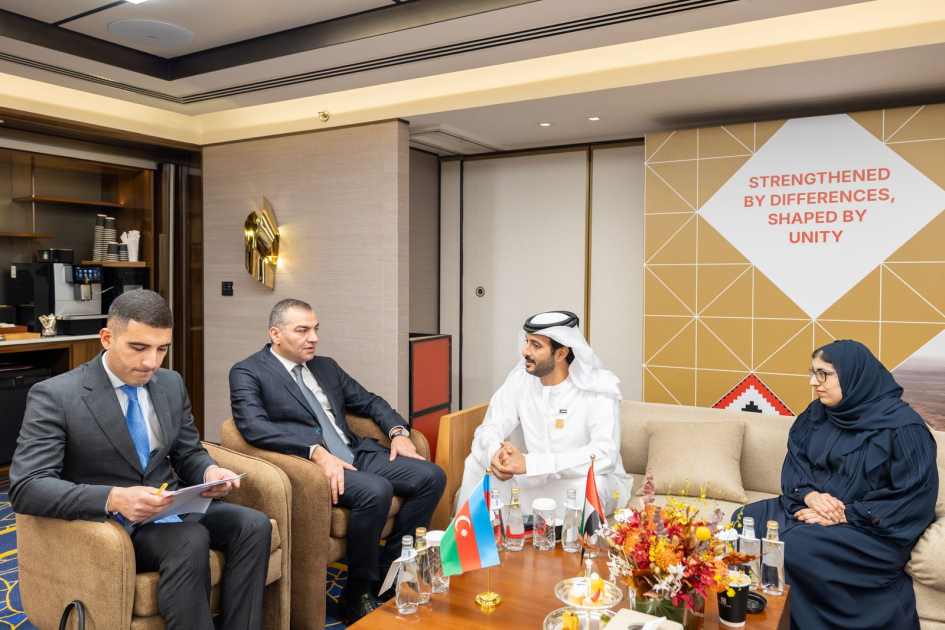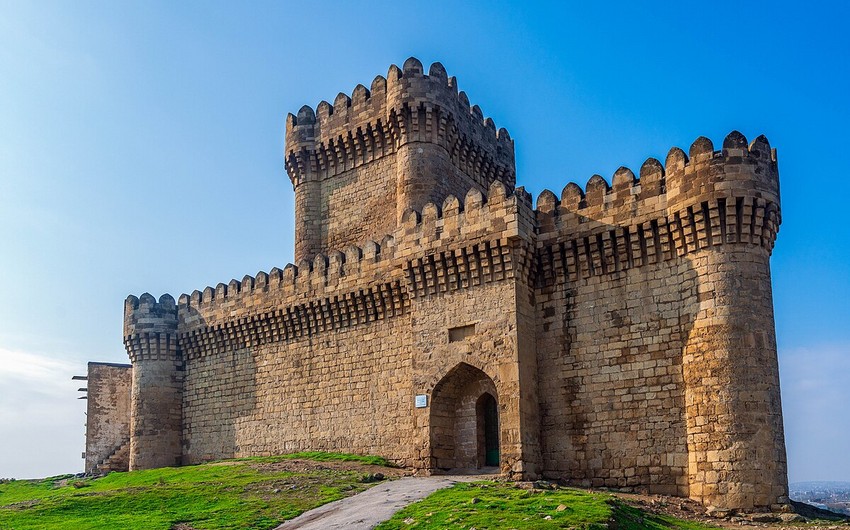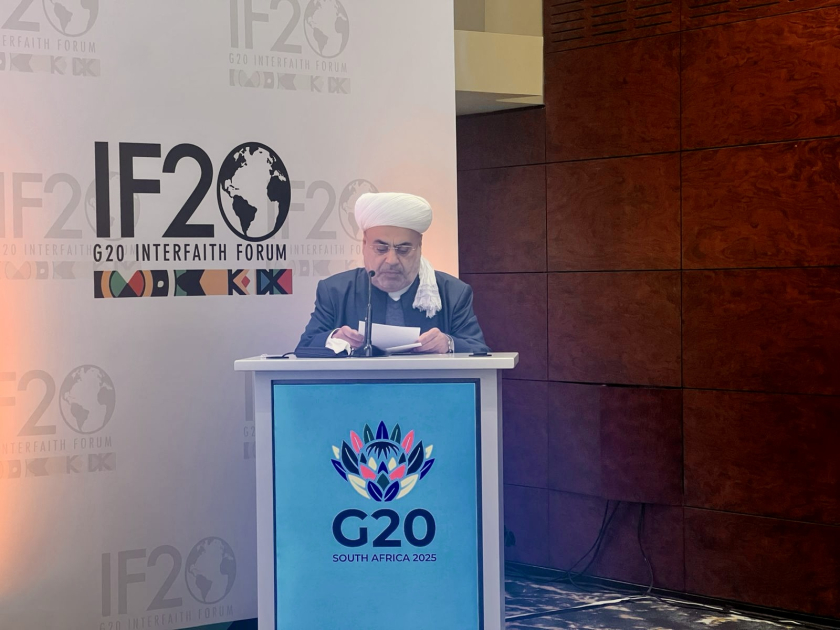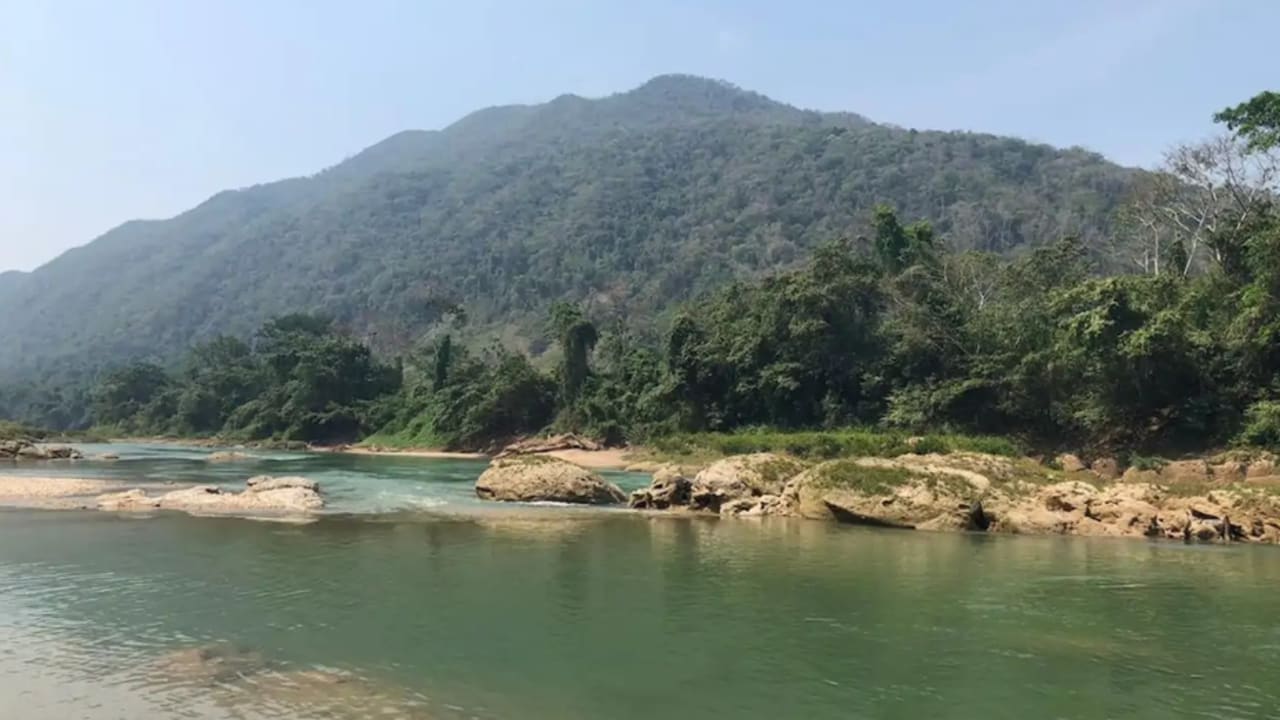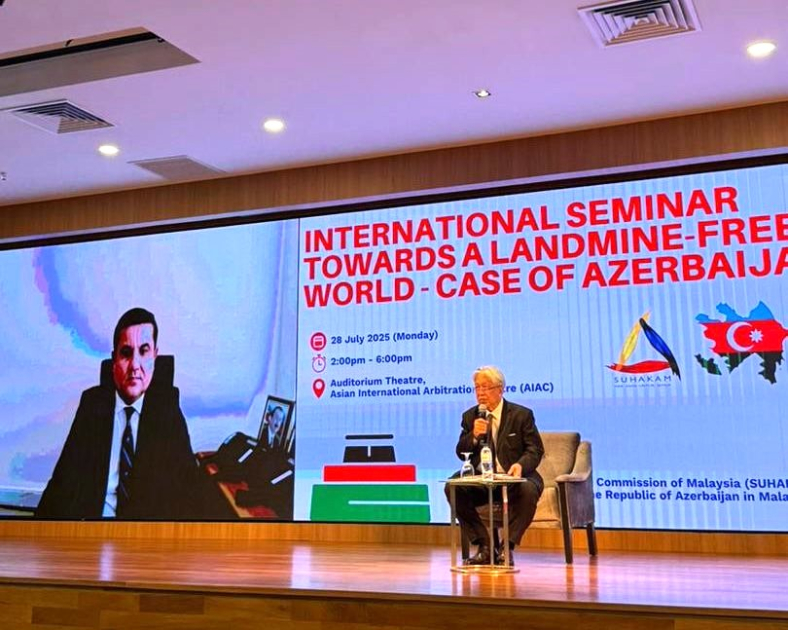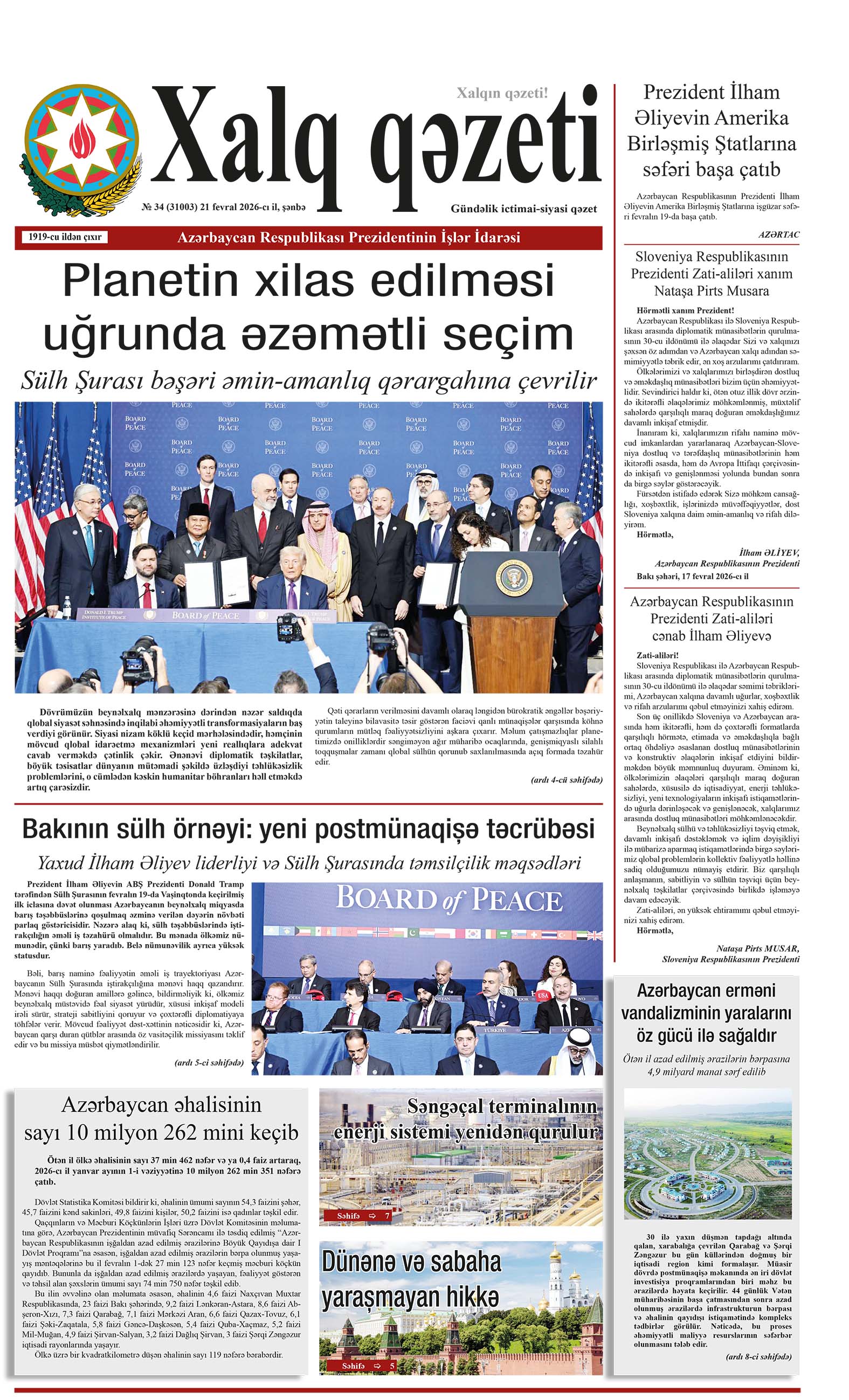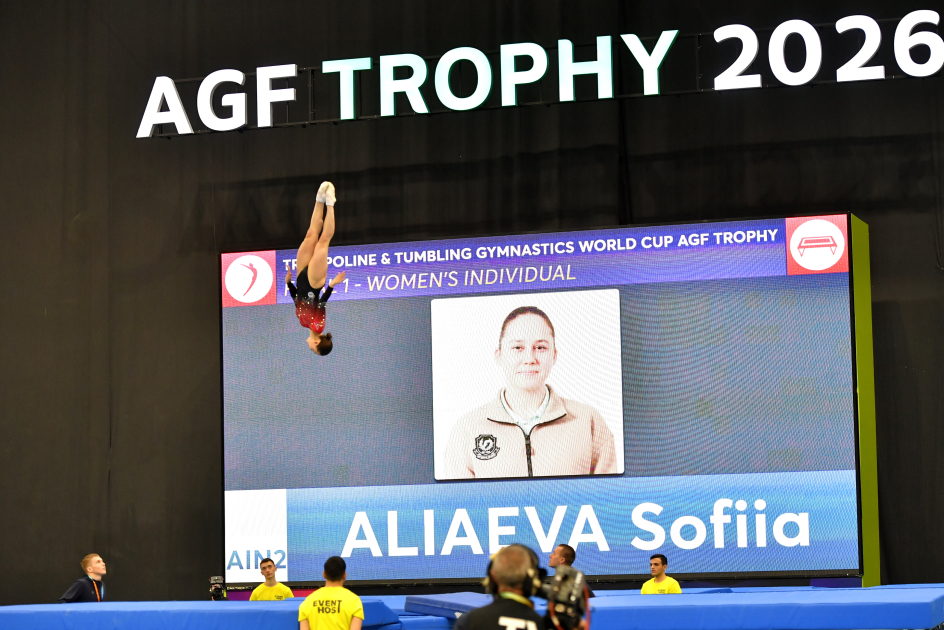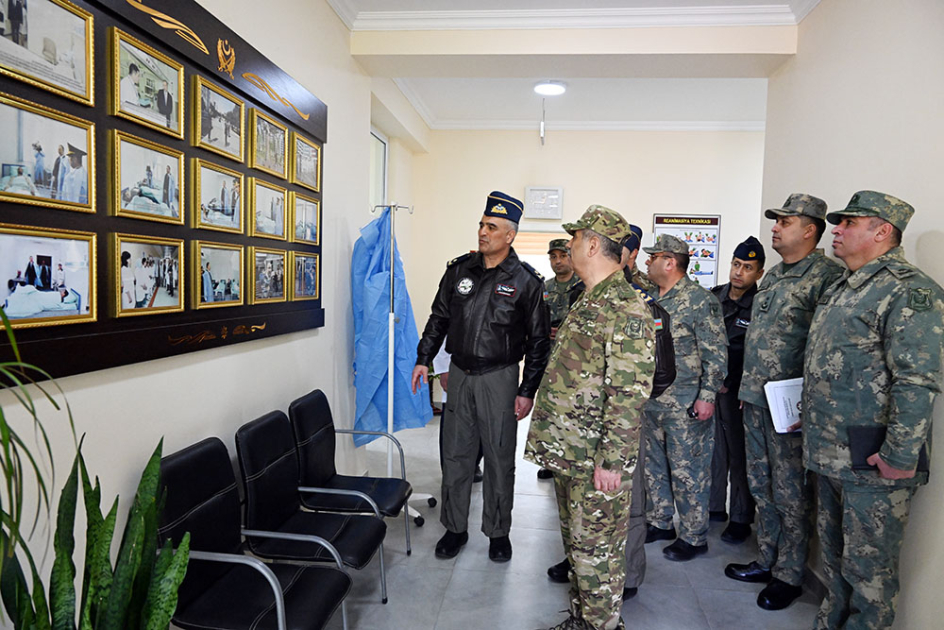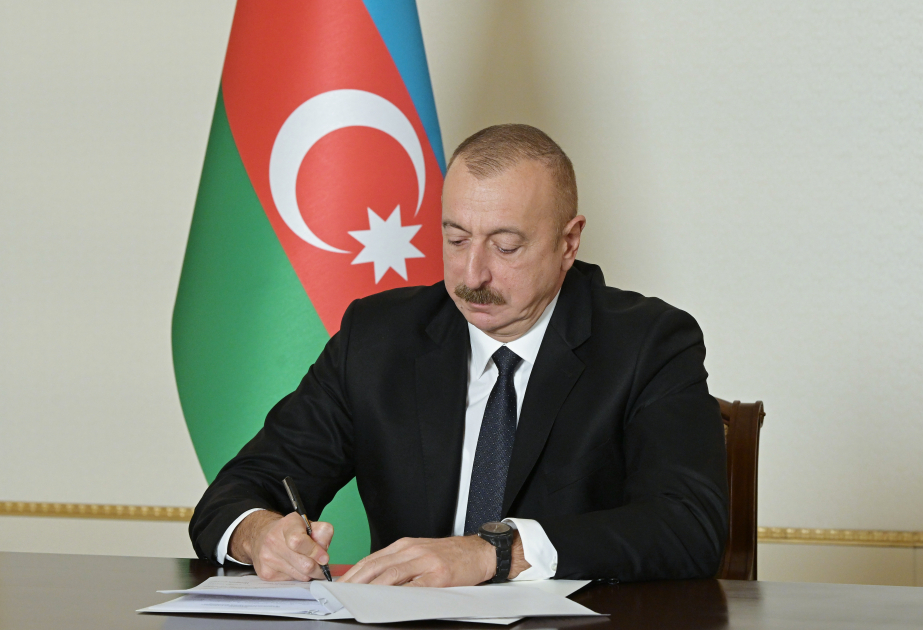Expert publishes report of international organization demanding specific actions from Armenian invaders COMMENTA
Expert publishes report of international organization demanding specific actions from Armenian invaders COMMENTARY
Armenia relying on the Rome Statute has neither moral nor legal right to accuse Azerbaijan of anything, Doctor of Law, Professor, State Counselor of Second Category Namig Aliyev has said, providing AZERTAC with excerpts from a Human Rights Watch/Helsinki report, which is largely unknown to the general public.
The Armenian parliament has ratified the Rome Statute of the International Criminal Court (ICC) on Tuesday. The document had not been ratified from 1999, when Yerevan signed it. In March of this year, the Rome Statute was recognized by the country's Constitutional Court and on September 1, the Armenian government sent it to parliament for ratification. The authorities explained this by saying that this was how they intended to “hold Azerbaijan accountable” for the September 2022 events.
According to Natig Aliyev, there has been a lot of talk about the Rome Statute lately, but few actually know what it is. The Rome Statute of the International Criminal Court is the international treaty that established the International Criminal Court. The Statute was adopted at a diplomatic conference in Rome on July 17, 1998 and came into force on July 1, 2002. Among other things, the Statute establishes the functions, jurisdiction and structure of the court.
“As of March 1, 2023, the treaty was signed by 137 states, but only 123 of them ratified it. Azerbaijan and until recently the Republic of Armenia were not parties to this international treaty. Russia, for example, signed the statute on September 13, 2000, but did not ratify it until 2016. On November 16, 2016, President Vladimir Putin signed an order declaring Russia’s intention not to become a party to the Rome Statute of the International Criminal Court. The media associated this decision with the report released the day before by the prosecutor of the ICC prosecutor’s office, which regarded the annexation of Crimea and the ongoing occupation of Ukrainian territory as an international armed conflict between Russia and Ukraine. The Russian authorities, however, rejected such an interpretation, insisting that the withdrawal from the jurisdiction of the ICC was dictated by ‘national interests’,” Natig Aliyev noted.
He explained that states that become parties to the treaty (statute) accept the jurisdiction of the International Criminal Court, whose competence includes the most serious crimes of concern to the international community: crimes of genocide, crimes against humanity, war crimes, crimes of aggression.
“In accordance with Article 25 of the Statute, the ICC has jurisdiction over individuals and not over states. The Court does not have precedence over the domestic jurisdiction of a state (the Court's jurisdiction is only supplementary), nor in relation to crimes committed before the entry into force of the Statute (a person is not subject to criminal liability for an act committed before the entry into force of this international agreement). If a State becomes a party to the Statute after its entry into force, the Court has jurisdiction only over crimes committed after the entry into force of the Statute for that State. At the same time, the Rome Statute provides that a state party (Article 14), the UN Security Council (Article 13), as well as the prosecutor of the court on his own initiative (Article 15) can apply to the court with a request to initiate an investigation. If requested by the State or the prosecutor, the court may exercise its jurisdiction only if the State in whose territory the crime was committed or of which the accused is a national has ratified the Rome Statute. This restriction can only be lifted by a direct appeal from the UN Security Council (Article 13). Also, if a state has not signed or ratified the Statute, but the person accused of committing a crime is its citizen, or the crime was committed on its territory, then it (the state) can accept the jurisdiction of the court in relation to this crime, i.e. give consent to bring their citizen to justice,” the professor said.
As for the Republic of Armenia, he recalled that this country had committed aggression against the Republic of Azerbaijan, carried out ethnic cleansing, occupied the sovereign territories of the Azerbaijani state for almost 30 years (facts recorded in many international documents and recognized by the world community), and committed mass executions (mass graves are constantly being discovered in the liberated territories). Therefore, it has neither moral nor legal right to accuse Azerbaijan of anything. According to him, back in the 1990s, international organizations recorded war crimes committed by Armenians against Azerbaijan and the Azerbaijanis. Human Rights Watch/Helsinki prepared a report on the “war over the Nagorno-Karabakh Autonomous Region of Azerbaijan,” which examined the period from the beginning of 1993 to September 1994. The report contains recommendations of HRW/Helsinki:
“To the authorities of Nagorno-Karabakh:
1. Adhere to the relevant norms of humanitarian law in relation to victims of armed conflict, in particular:
a) stop striking civilians and civilian sites, especially using Grad launchers, which do not enable targeted fire;
b) stop the forced displacement of the Azerbaijani civilian population from the occupied territories;
c) stop the practice of hostage-taking, immediately and unilaterally release all hostages, including those held by private individuals;
d) stop implementing the “scorched earth” tactics in the captured territory, especially robberies, looting and arson of civilian sites;
e) stop the practice of inhumane treatment, including extrajudicial killings against all those “outside combat”.
2. Bring to justice those responsible for violations of the laws of war.”
Another recommendation from HRW/Helsinki is: “To the Government of Armenia... 2. Conduct an investigation and bring to justice military personnel of the Army of the Republic of Armenia fighting in Karabakh or employees of the Ministry of Internal Affairs of Armenia suspected of such gross violations of the Geneva Conventions as the killing of prisoners and the taking and holding of hostages.
a) Enable an international investigation into the death of eight Azerbaijani prisoners of war in pre-trial detention of the Ministry of Defense of Armenia on January 29, 1994; to immediately make public all autopsy results and related findings; punish all those responsible for what happened.”
“Unfortunately, I don’t remember such a targeted document of an international organization demanding specific actions from the Armenian occupiers. It goes without saying that the Armenians did not implement any of HRW’s recommendations,” the expert added.


